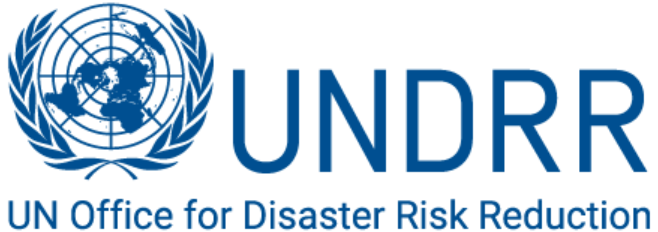
Edson Baraukwa | Africa Guardian
From December 9 to 13, 2024, experts from disaster management, meteorology, and hydrology authorities convened in Kampala, Uganda, to tackle the transboundary challenges of drought and flooding in the Horn of Africa. Organized by the United Nations Office for Disaster Risk Reduction (UNDRR) in partnership with the IGAD Climate Prediction and Applications Centre (ICPAC) and supported by the Climate Risk and Early Warning Systems (CREWS) Greater Horn of Africa project, the event aimed to enhance collaboration between nations sharing these risks and strengthen early warning systems across the region.
The Need for Regional Collaboration
With three-quarters of the Horn of Africa’s population living in river basins and over aquifers shared by two or more countries, the absence of comprehensive transboundary frameworks poses significant challenges. Effective management of these shared water resources hinges on cooperation. As Jully Ouma from IGAD/ICPAC emphasized, “Information sharing is key for effective management of our regional transboundary resources.”
Workshop Highlights
The workshop, titled “Strengthening Early Warning and Early Action Systems for Meteorological, Hydrological, and Climate Extremes,” brought together representatives from six countries: Djibouti, Ethiopia, Somalia, South Sudan, Sudan, and Uganda. Participants explored shared solutions for managing water-related risks, focusing on:
- Flood forecasting and drought monitoring tools, including the ICPAC East Africa Drought Watch.
- Severe weather forecasting and addressing data gaps.
- Developing a draft framework for real-time data exchange and coordinated risk management.
Discussions centered on establishing information-sharing protocols, a critical step toward creating a unified disaster risk data platform. Technical sessions further enhanced participants’ capacities in flood and drought modeling, paving the way for more effective disaster preparedness.
Toward Unified Risk Management
Hydrologist Benjamin Ssekamuli underscored the importance of breaking down barriers for transboundary cooperation: “Transboundary risks require that partners break the walls and barriers by working together across the board.” The workshop laid the groundwork for collaborative action, emphasizing that only through joint efforts can the region address the challenges of climate extremes and ensure sustainable management of its shared water resources.
___
